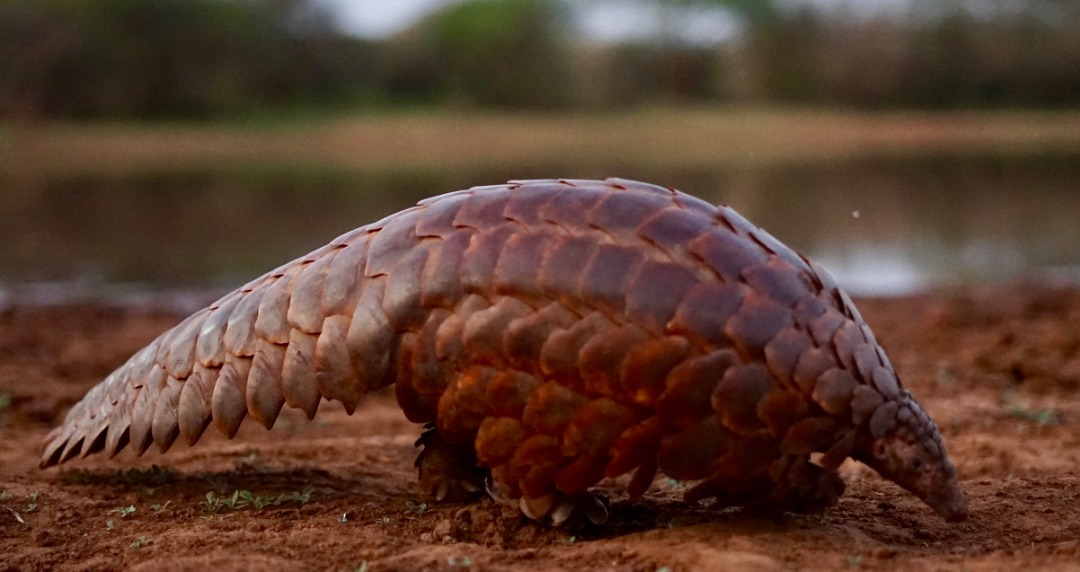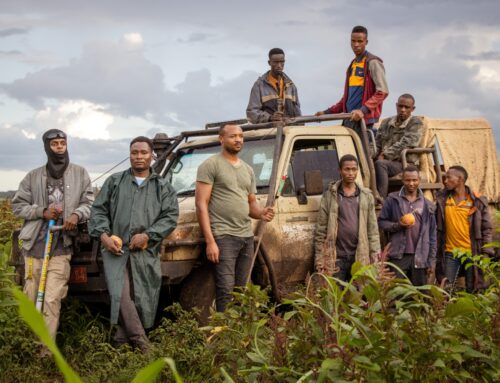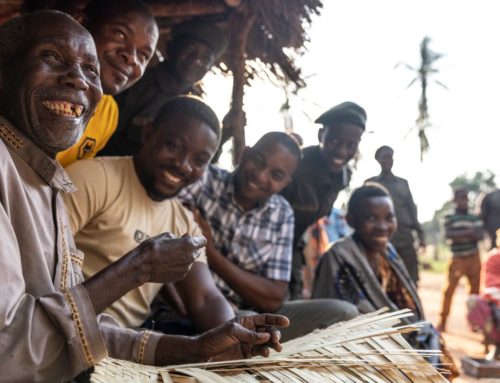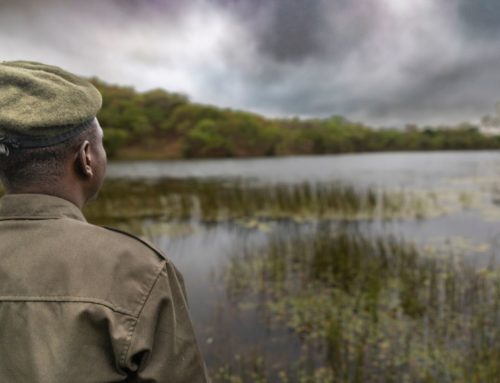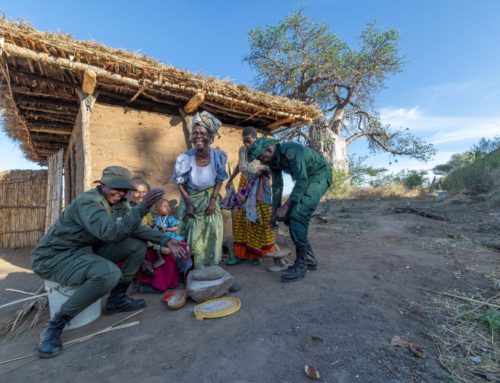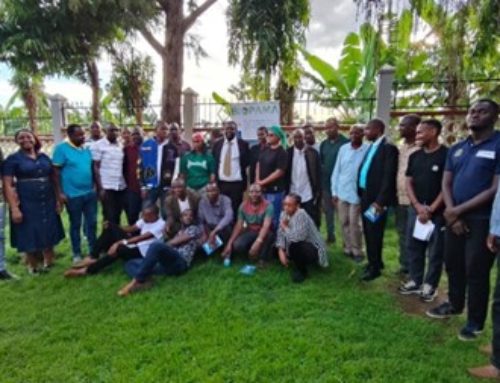Maasai believe you will be blessed with a long life if you are lucky enough to see a pangolin. This extraordinary creature—the only mammal covered with scales—is one of the most sought-after items in illicit wildlife trafficking. Recently, rangers in Makame recovered a pangolin, which was destined to be trafficked, from an unpleasant demise. Upon receiving a tip off, the rangers rescued the pangolin and then released it back in the Makame wilderness.
Makame’s rangers have a huge challenge ahead of them. With just a small, 28-member team of community rangers, they are tasked with protecting over 370,000 hectares of wilderness. This will depend on two main conditions: first, that the community values the benefits of the Wildlife Management Area so that they want to volunteer information on illegal activity; and second, that the rangers are suitably equipped and trained to respond to any tip offs.
To work towards our goal of ensuring Makame WMA has a strong, professional protection team, we recently developed Standard Operating Procedures (SOPs) for the anti-poaching unit. The SOPs, which lay out daily protection procedures, are at once a guide, set of rules, and a how-to manual for the rangers.
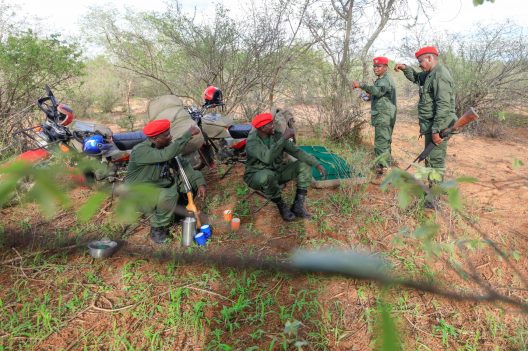 Makame believes a small protection team that is empowered to do its job professionally will keep protection costs down without sacrificing performance. To be successful, the WMA needs an affordable approach to conservation; this requires innovative thinking, community engagement, and effective management. Sam Shaba, our programs manager, recently helped Makame’s management develop a work plan and annual budget. These tools provide the management team with a clearer sense of direction, while also serving as monitoring benchmarks which can then be used to report progress to stakeholders.
Makame believes a small protection team that is empowered to do its job professionally will keep protection costs down without sacrificing performance. To be successful, the WMA needs an affordable approach to conservation; this requires innovative thinking, community engagement, and effective management. Sam Shaba, our programs manager, recently helped Makame’s management develop a work plan and annual budget. These tools provide the management team with a clearer sense of direction, while also serving as monitoring benchmarks which can then be used to report progress to stakeholders.
The budget and work plan were then presented to the Makame board. Supuk, Makame’s manager, said “I am confident that we will achieve some great outcomes, having a tool to help us and our team to focus this year. It’s a simple plan that I intend to accomplish 100 percent”.
Honeyguide enjoys sharing the expertise it has honed through its experience working in a number of community conservation areas. This allows us to scale up our impact and ultimately contributes to our mission to build and support robust and sustainable community-based conservation outcomes.
Support from Tusk Trust, Lion Recovery Fund, The Nature Conservancy, and Maliasili Initiatives makes our work possible. Together, we are ensuring Wildlife Management Areas are run well – for both people and wildlife.

